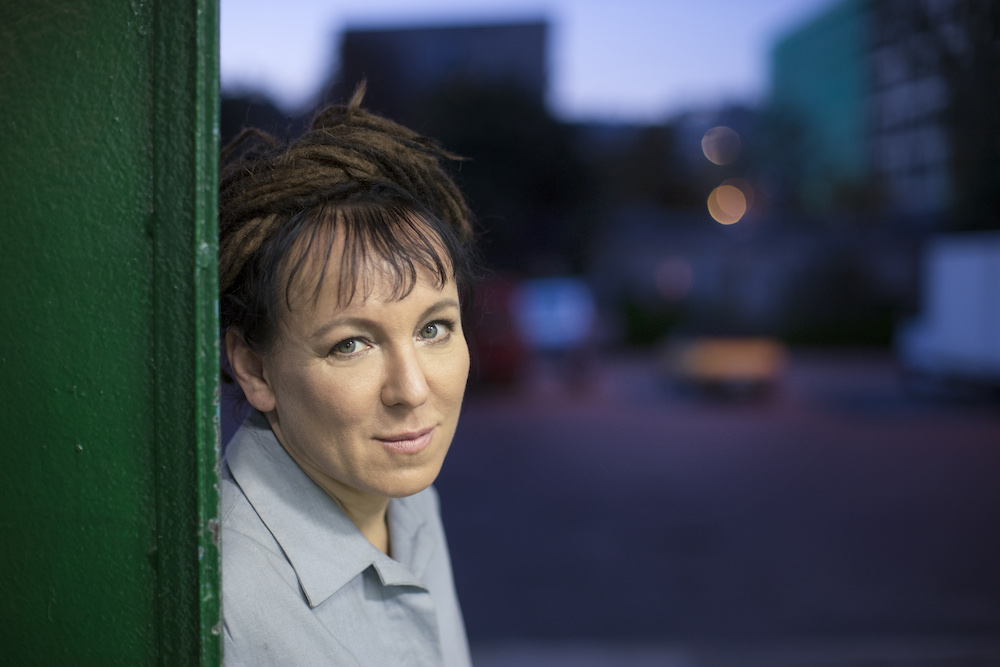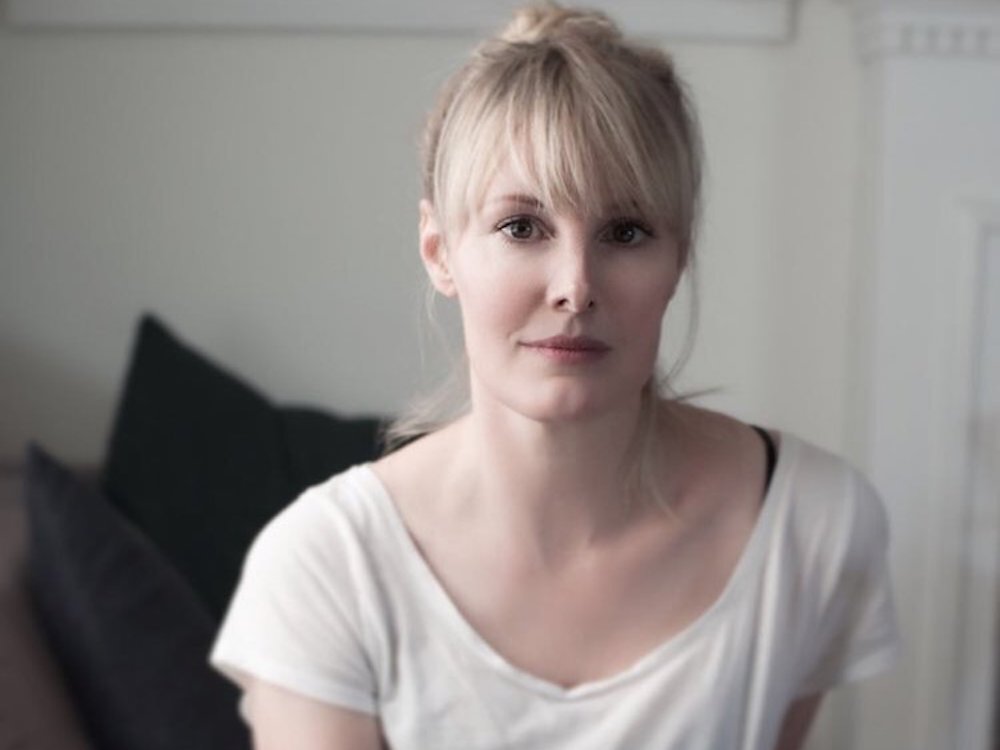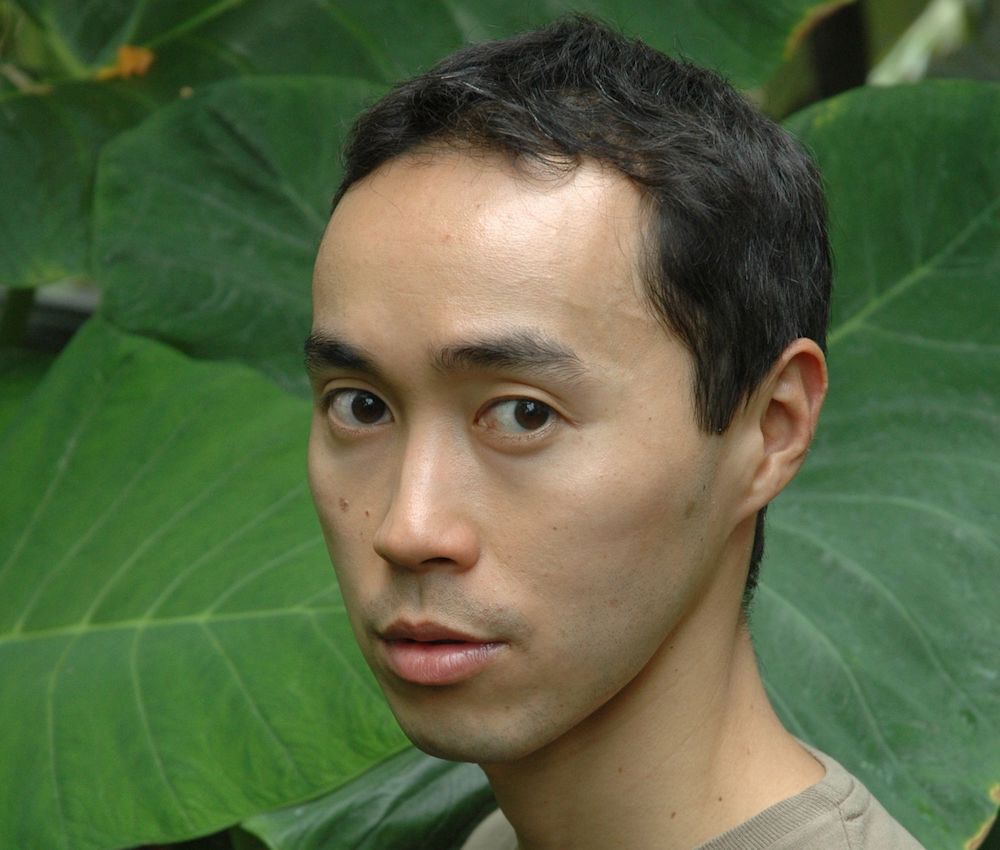How to describe Olga Tokarczuk’s Drive Your Plow over the Bones of the Dead? Unlike her Man Booker International Prize–winning novel Flights, Drive Your Plow over the Bones of the Dead—first published in Poland in 2009 and newly translated into English by Antonia Lloyd-Jones—has a plot. It follows Janina Duszejko, an amateur astrologer and former bridge engineer–turned–teacher, and the series of murders that occur over the course of a winter in a remote Polish town near the Czech border. Unlike Mrs. Duszejko, a vegetarian who fondly refers to local deer as “Young Ladies” and who, alongside her former pupil Dizzy, likes to translate the poetry of William Blake for fun, the murder victims are all men, all crude, and all hunters. Are the town’s animals taking their revenge? Or is something else going on? While the book itself is a damning indictment of humanity’s attempts to control and destroy nature, it never feels didactic; Mrs. Duszejko’s narration, with its old-fashioned capitalizations and tangents about astrological charts, is equal parts charming and inspiring. Tokarczuk, with her ability to marry the political, the philosophical, and the eccentric, creates a stirring defense of the natural world, even when threatened by consumerism and the Catholic Church. —Rhian Sasseen
Ta-Nehisi Coates’s article “The Case for Reparations” was required reading when it was published in The Atlantic in 2014. Although debates over reparations have persisted since the antebellum era, Coates’s piece catapulted the concept into the national consciousness, where it has since gained notable traction with the current Democratic candidates and even spurred voluntary-giving groups on Facebook. On Monday, The New Yorker published a follow-up interview with Coates, which examines the injustice of government-sanctioned inequality, how the public perception of reparations has shifted, and what duty, if any, Coates feels to pursue the subject. Although the research involved in Coates’s original piece is revisited here with a discussion of practical steps toward progress, what’s perhaps most interesting about the interview is Coates’s assessment of the aftermath of his article. Reparations were once dismissed as a sort of social-justice pipe dream, but now the public conversation surrounding the issue is conceptualizing what Coates calls “a policy for repair.” He notes an ongoing initiative in Chicago aimed at remedying and acknowledging police brutality, one example of tailoring reparations for the specific abuses enacted. In the era of skimmable news consumption, there’s some comfort in this demonstration of journalistic influence, even if, as Coates says, his piece was the culmination of a centuries-old effort hinging on his privileged access to an outlet like The Atlantic, and the corresponding obligation such influence might create. —Nikki Shaner-Bradford
When the temperature gets to be unbearable in August, I recommend picking up a copy of Kimberly King Parsons’s debut collection, Black Light. There is a reckless kind of heat to the tender, broken characters in these stories. Whether it’s two teenage girls exploring the boundaries of intimacy, an eloped couple languishing and landlocked in the middle of Texas, or a single woman navigating motherhood with a bottle tightly clutched in her fist, Parsons is both unflinching and eloquent in her portrayals of people as they burn and rage. —Lauren Kane
Like most great art, Jai Paul’s music exists just out of language’s reach. I could say his songs are lush—they’re immaculately produced and mixed, with an ear for intentionally lo-fi, blown-out elegance. I could say his songs are nearly tactile, stacked as they are with so many different sonic textures. I could say they sound like the work of an incredibly talented Martian who worships Prince. But when I listen to a Jai Paul song, I feel as though I’m stepping through the gates of paradise, and all these useless words fall away like scales. His music—the thrum of “Jasmine,” the triumphant build of “BTSTU,” the twisting, loping, speaker-rattling funk of “He,” all of it—helps me imagine that we’re living in a better world than the one we’ve been dealt. —Brian Ransom
From the outset of Tash Aw’s We, the Survivors, we know Ah Hock has killed a man. We arrive in the aftermath of the crime, listening along with the young journalist who asks Ah Hock about all the years that preceded the incident. Ah Hock speaks of childhood in a fishing village, of time in Kuala Lumpur, of various employments, but most importantly, of the people he knew and how he knew them. After getting promoted to foreman at the fish farm—the last job before the homicide—Ah Hock notices a gulf emerge between him and the other workers. The men become figures on which “it was possible for me to impose my will.” The space among them—was it here the whole time? Ah Hock wonders—fills with silence. And throughout, Ah Hock sees other splits: the fierce ethnic hierarchies in Malaysia; the alienation between migrants and locals; the stakes of classification as migrant versus refugee. He doesn’t pretend to be free of the prejudices he names throughout his narrative—in fact, his ability to place his own role in the shifting matrix of power is what makes him fascinating to listen to. Even outside his past, in the narrative present, he is acutely aware of the distance between him and his interviewer. Though he shares his entire life with her, he also holds her at a distance, or anticipates the distance she might desire, expecting she might find his life strange or terrible. At first, she had approached him as a subject for her research, but later she asks permission to turn the interviews into a book. Does the change show respect for his story, or does it further objectify his body? Does she turn him into a fossil? I don’t think there’s meant to be a single answer to those questions. Rather, I believe that as witnesses to the endless fracturing of this novel and our world, we are meant to understand the impossibility of pressing a life onto paper without deadening it in some sentences and enlivening it in others. “At first I wanted to protect her from these stories,” Ah Hock reflects, “but as I was talking I realized that I wanted her to be a part of that pain, to make sure that it seeped into her world, her clean, happy world. I wanted it to be a cloud that hung over her everywhere she went, just as it does over me, all the time, and that’s why I didn’t stop talking.” —Spencer Quong
from The Paris Review http://bit.ly/2Xe8ARt



Comments
Post a Comment